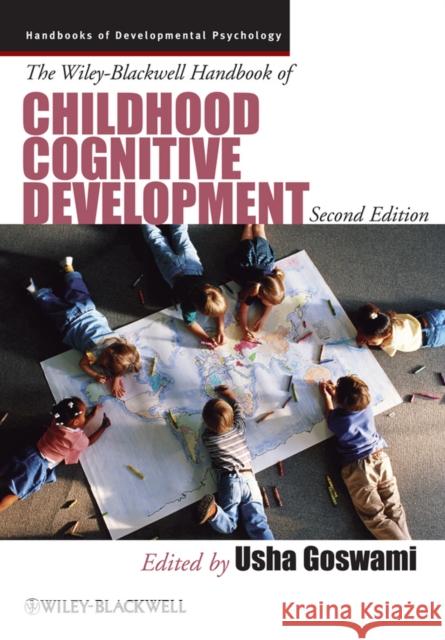The Wiley-Blackwell Handbook of Childhood Cognitive Development » książka
topmenu
The Wiley-Blackwell Handbook of Childhood Cognitive Development
ISBN-13: 9781405191166 / Twarda / 2010 / 816 str.
The Wiley-Blackwell Handbook of Childhood Cognitive Development
ISBN-13: 9781405191166 / Twarda / 2010 / 816 str.
cena 819,59
(netto: 780,56 VAT: 5%)
Najniższa cena z 30 dni: 814,55
(netto: 780,56 VAT: 5%)
Najniższa cena z 30 dni: 814,55
Termin realizacji zamówienia:
ok. 30 dni roboczych.
ok. 30 dni roboczych.
Darmowa dostawa!
This definitive volume is the result of collaboration by top scholars in the field of children's cognition.
- New edition offers an up-to-date overview of all the major areas of importance in the field, and includes new data from cognitive neuroscience and new chapters on social cognitive development and language
- Provides state-of-the-art summaries of current research by international specialists in different areas of cognitive development
- Spans aspects of cognitive development from infancy to the onset of adolescence
- Includes chapters on symbolic reasoning, pretend play, spatial development, abnormal cognitive development and current theoretical perspectives











